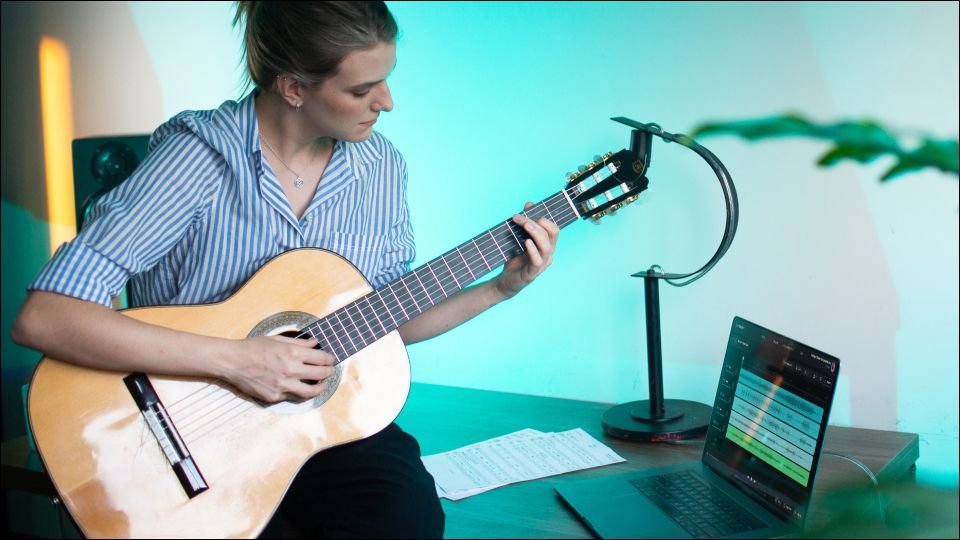Learning to play an instrument can be one of the most rewarding and enjoyable experiences. Whether you dream of playing the guitar, piano, or violin, getting started might seem a bit overwhelming. With the right approach, anyone can learn and thrive. Here’s how to start playing an instrument with confidence and ease.

1. Choose the Right Instrument
Explore Your Interests
The first step in how to start playing an instrument is choosing one that excites you. Are you drawn to the mellow sounds of a guitar or the dynamic range of the piano? Do you prefer the portability of a flute or the rhythmic nature of drums? Exploring your musical interests will help you pick an instrument that you’ll enjoy practicing.
Consider Practicality
Beyond your personal preference, consider practical factors like cost, portability, and maintenance. Some instruments, like the ukulele, are affordable and easy to carry, making them great for beginners. Others, like the saxophone, may require more investment in both money and space. Think about what fits into your lifestyle to make your choice more manageable.
2. Set Clear Goals and Expectations
Learn the Basics First
Before diving into advanced techniques, focus on learning the fundamentals. Understanding things like how to hold the instrument, finger placement, and basic chords or notes is crucial. Setting clear, achievable goals, such as learning a simple song within a month, will keep you motivated and track your progress.
Practice Patience
Learning to play an instrument takes time, so it’s essential to be patient with yourself. Break down your learning process into manageable steps, and don’t expect to become a master overnight. Celebrate small victories, like mastering a new chord or playing your first song, to stay motivated.
3. Find Learning Resources
Take Lessons
One of the best ways to get started is by taking lessons. You can choose between in-person lessons with a teacher or online courses. Many beginners find that structured lessons help them stay on track. Online platforms like YouTube or music apps also offer a wealth of tutorials for those who prefer self-learning.
Use Apps and Tools
In today’s digital world, there are many tools to help you learn faster. Apps like Yousician and Simply Piano provide interactive lessons that make learning fun and engaging. These platforms offer personalized practice plans and can even provide real-time feedback on your playing.
4. Develop a Practice Routine
Start Small, Then Build
Consistency is key when learning an instrument. Start with short, manageable practice sessions, around 15-30 minutes a day. As you become more comfortable with your instrument, you can increase the length and difficulty of your practice sessions.
Stay Consistent
Consistency is more important than duration when it comes to improving your skills. Practicing daily or at least several times a week will help you develop muscle memory and improve faster. Setting a routine, such as practicing at the same time each day, can help you stay on track.
5. Play Music You Enjoy
Choose Songs You Love
One of the best ways to stay motivated is by playing music you enjoy. Whether it’s a simple pop tune or a classic rock song, playing pieces you love will make practice more enjoyable and rewarding. This can also help you connect emotionally with the instrument and improve your overall experience.
Challenge Yourself Gradually
As you gain more confidence, start challenging yourself with more complex pieces. Don’t be afraid to experiment with different genres and styles. Over time, this will help you expand your skill set and make you a more versatile musician.
Conclusion
Starting to play an instrument is an exciting journey that requires patience, dedication, and a passion for music. From choosing the right instrument to setting realistic goals and building a solid practice routine, these steps will guide you toward success. With the right mindset, learning resources, and a commitment to practice, you’ll soon be playing your favorite songs with ease. So, don’t wait any longer—pick up that instrument and let the music begin!




